What's the difference between a blender and a juicer? As a Kitchen Appliance Editor, this is the one I think deserves space on your worktop
We help you sort the Nutribullets from the Ninjas
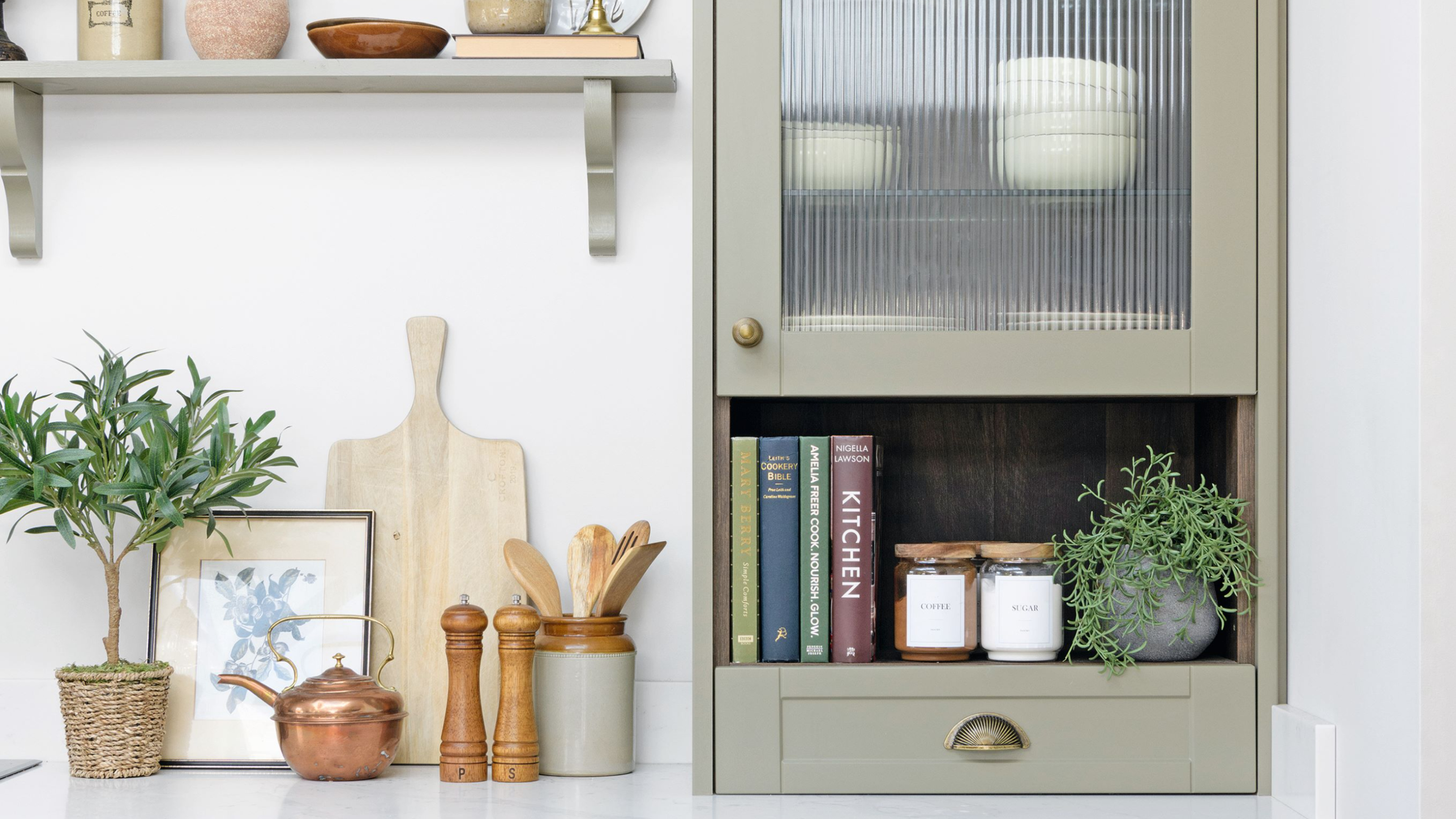

Should you invest in a juicer or a blender for your kitchen? If worktop space is at a premium in your home, it can be a difficult question to answer.
Both the best blenders and the best juicers can make a bang average morning into a fruiter one, with the chance to add apples, bananas and berries bursting with vitamins and fibre into your diet. But while smoothies and juices might seem like similar end products, blenders and juicers actually provide vastly different functionality in a kitchen.
To help you sort the Nutribullets from the Ninjas, we're putting these appliances head to head to see which is best for giving you the wellness boost you want.
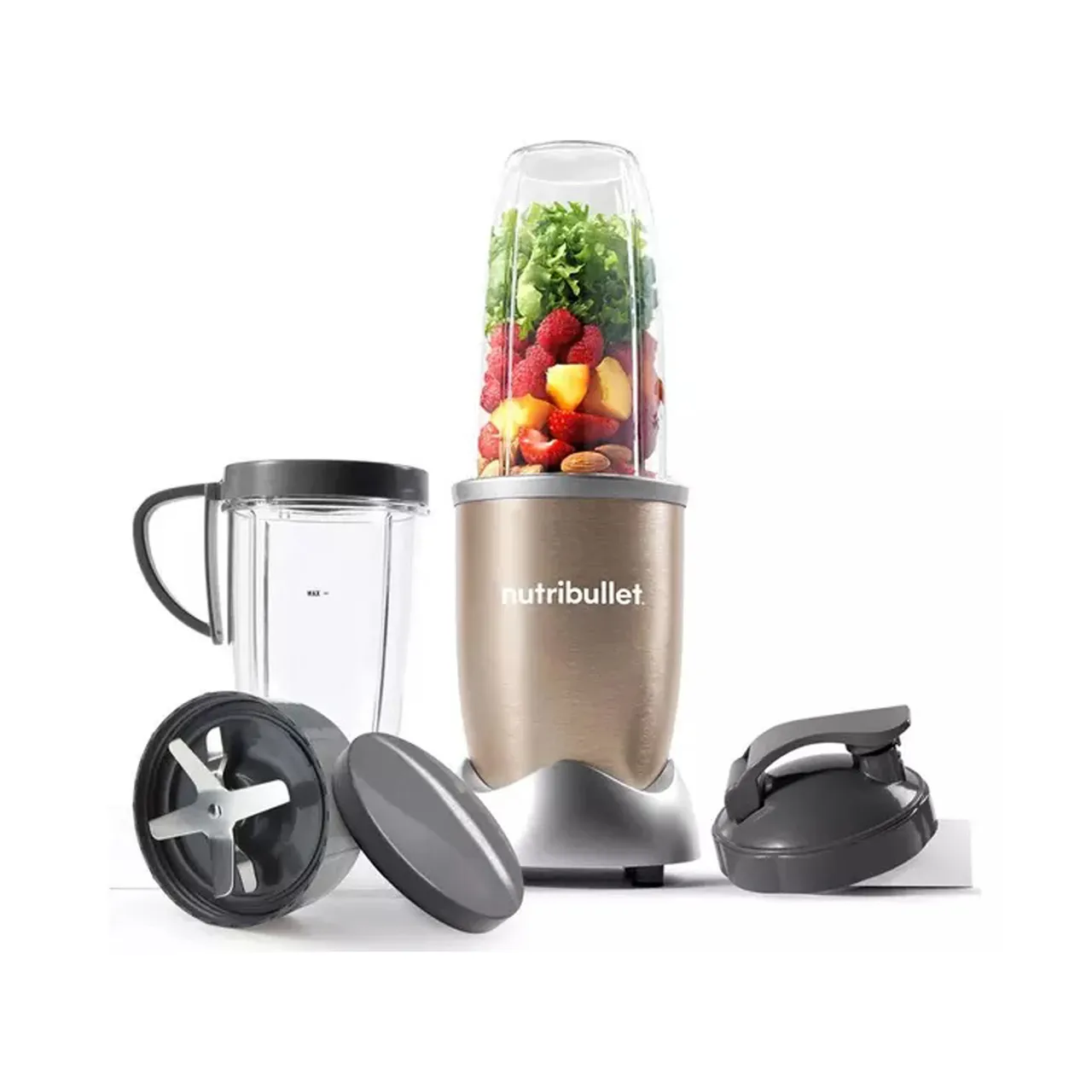 Our favourite blender
Our favourite blender
This is our top-rated blender after testing dozens for good reason. It's affordable, easy to use, yields very smooth results, and comes with a carry cup. What's not to like?
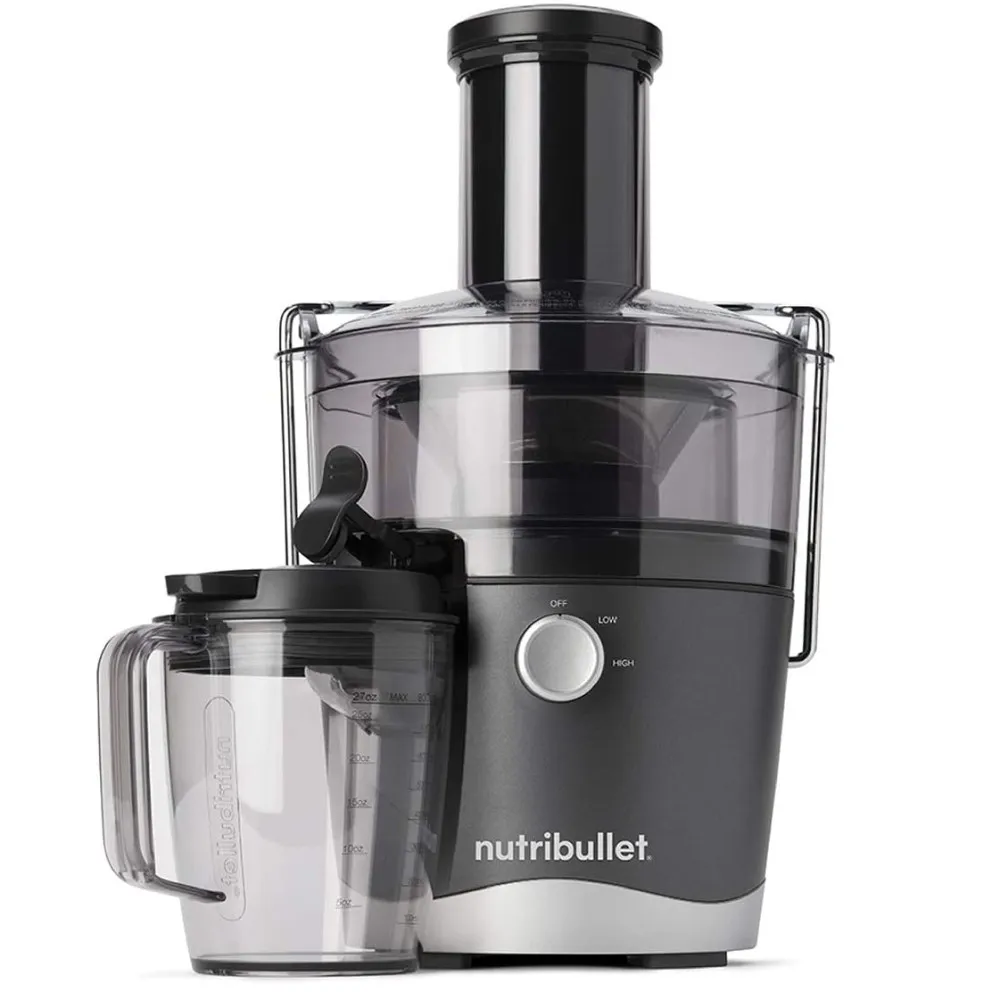 Our favourite juicer
Our favourite juicer
Another affordable pick from Nutribullet, this juicer helped our reviewer to serve up froth free juice with no fuss, and has settings to help you improvise your own recipes.
Blender vs juicer - the big difference
The basic facts, provided by Eran Tibi, Executive Chef at Bala Baya & Kapara, are this 'Whether you're blending up a storm or joyfully juicing, both tools are valuable for home cooks and chefs alike and process fruits and vegetables into tasty and nourishing drinkable forms.'
He goes onto say 'A blender takes the whole foods and pulverises everything to make into a smoothie-like consistency, whilst retaining the fibre. On the other hand, juicers extract the liquid from the fruit and vegetables, separating it from the solid fibre, pulp and seeds to leave a very smooth liquid.'
To be more specific, blenders use a high-powered motor to rotate a blade, with a shape that helps to push whatever you put inside (within reason - we've all seen Blendtec's Will It Blend series) towards that element.
The created vortex will pull everything in and puree fruit, vegetables and more. Usually, but not always, you'll want a liquid element in your blender along with solid ingredients, in order to help along the process of breaking down.
Get the Ideal Home Newsletter
Sign up to our newsletter for style and decor inspiration, house makeovers, project advice and more.
With a blender, though the texture of your fruit or veg will change, the nutritional value stays the same, whether you're making a sauce or a smoothie.
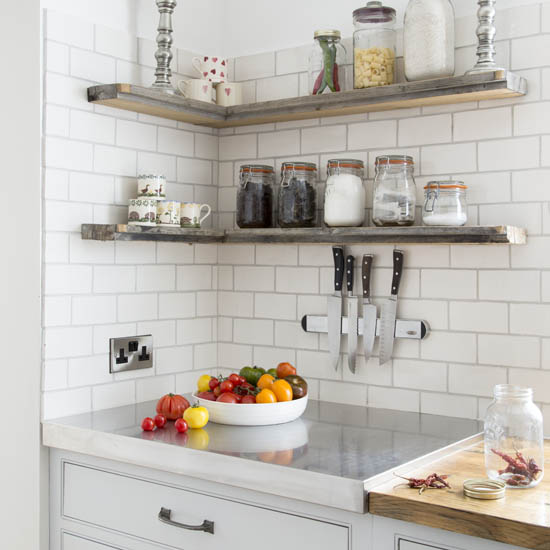
Juicers are a little more complex. A juicer, unlike a blender, involves extraction, leaving you with a thinner liquid after the mechanisms of the appliance have squeezed all of the moisture possible out of fruits and veg.
There are plenty of different types of juicer on the market. Centrifugal juicers, as evidenced in our Phillips Viva Centrifugal Juicer review, chop the fruit and veg with sharp blades before straining the mix through a fine spinning sieve.
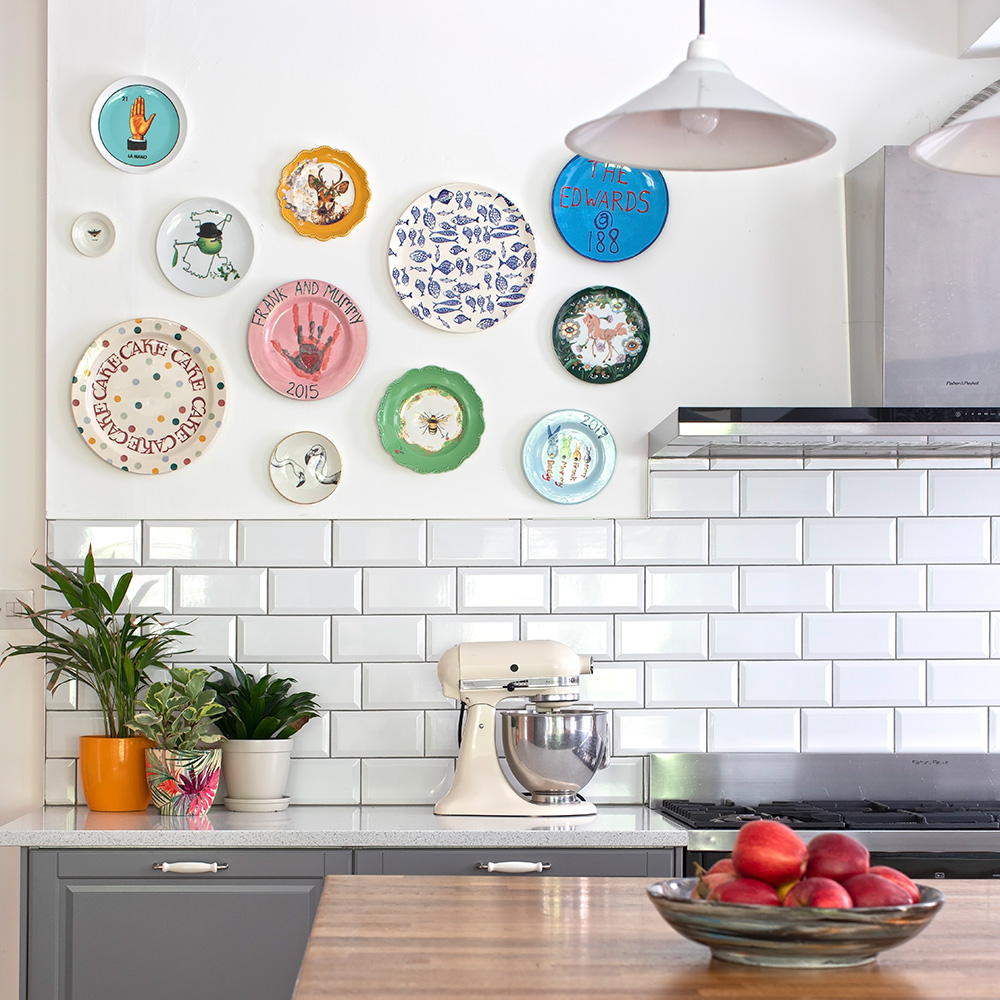
Masticating juicers, also known as cold press juicers, use an auger that squeezes ingredients to produce juice, leaving a byproduct of pulp behind. Our Ninja Cold Press Juicer review provides insight into this type of appliance.
Citrus juicers are a pretty 'does what it says on the tin' appliance, giving you freshly squeezed OJ whenever you fancy, or helping take the fuss out of juicing limes, grapefruit, mandarins, pomelos and more.
Why pick a blender over a juicer?
Buy a blender if you want more of an all-rounder kitchen appliance. Plenty of blenders we've tested, like the Ninja Foodi Blender and Soup Maker, have cold and hot functions, aiding you in so many different cooking scenarios. Soups, sauces, dips, drinks, protein shakes - you name it, you can probably blend it.
ZWILLING’s Resident Chef, Paul Bough, is inclined to agree, saying 'A blender is more versatile than a juicer, and can be used for making smoothies, cocktails, soups, sauces and even nut butters.'
Of course, a blender is also what you want if you're looking to become a certified smoothie drinker. The arrival of new portable blenders like the Smeg Personal Blender, allow you to finish the process on the go too, which is welcome news for gym-goers.
There can be added health benefits for opting for a blender too. Pavel Baranvos, Head Chef at UBA, says 'Blenders retain all the ingredients’ fibre, whereas in a centrifugal or even a slow juicer, much of this will be lost. Fibre is important for gut health and digestion, and with juicers there’s a chance that a lot of the goodness in these fruits and vegetables won’t pass through.'
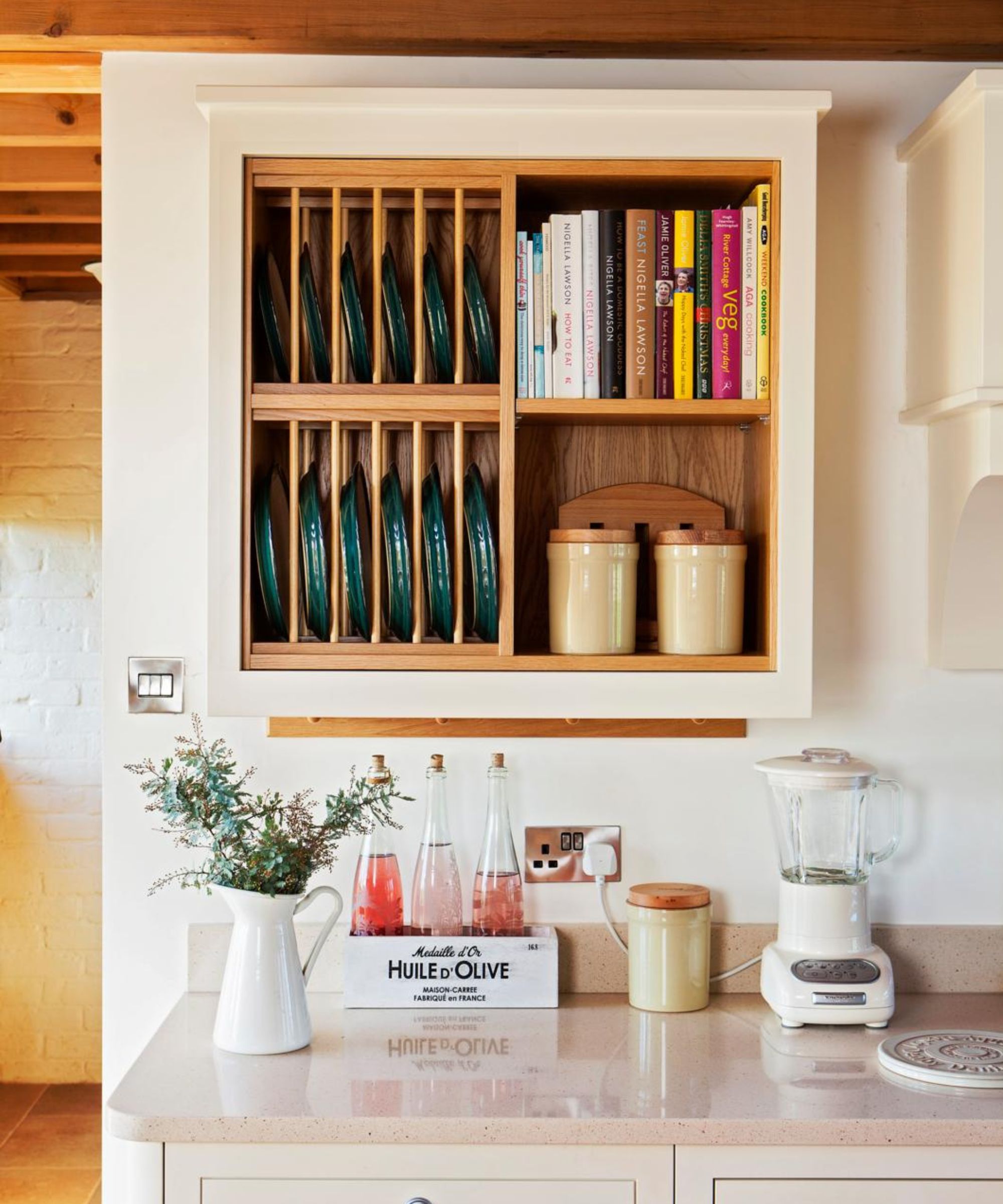
If you're short on space, a blender also has the edge, as multi-functional models or hand models offer versatility without taking over your kitchen. The Ninja 3-in-1 Food Processor with Auto-IQ BN800UK is the perfect example, with the ability to chop and blend all in one.
Why pick a juicer over a blender?
You should buy a juicer over a blender if juice is your main priority. Resident Chef at ZWILLING Paul Bough says 'If someone is primarily interested in making thin consistency, concentrated and vitamin-rich fruit and vegetable juices at home, a juicer will be a better option than a blender.'
Whether that's citrus or green juice, mixed up with a range of veg as well as fruit, a juicer is its own star appliance for a reason. And the taste in difference that a top class juicer can provide will prove to be immediately worth it.
If you're a more experimental chef, then juicers can help with getting a certain consistency needed for certain recipes too. Eran Tibi, Executive Chef at Bala Baya and Kapara, says 'Juicers might be a preferred choice for those looking for a quick nutrient uptake or for cooks who are creating which demand a clear, smooth juice or intense, concentrated flavours – juicers create the perfect liquids that can be folded into bread, snuck into cakes or even folded into fritters for an extra flavour kick!'
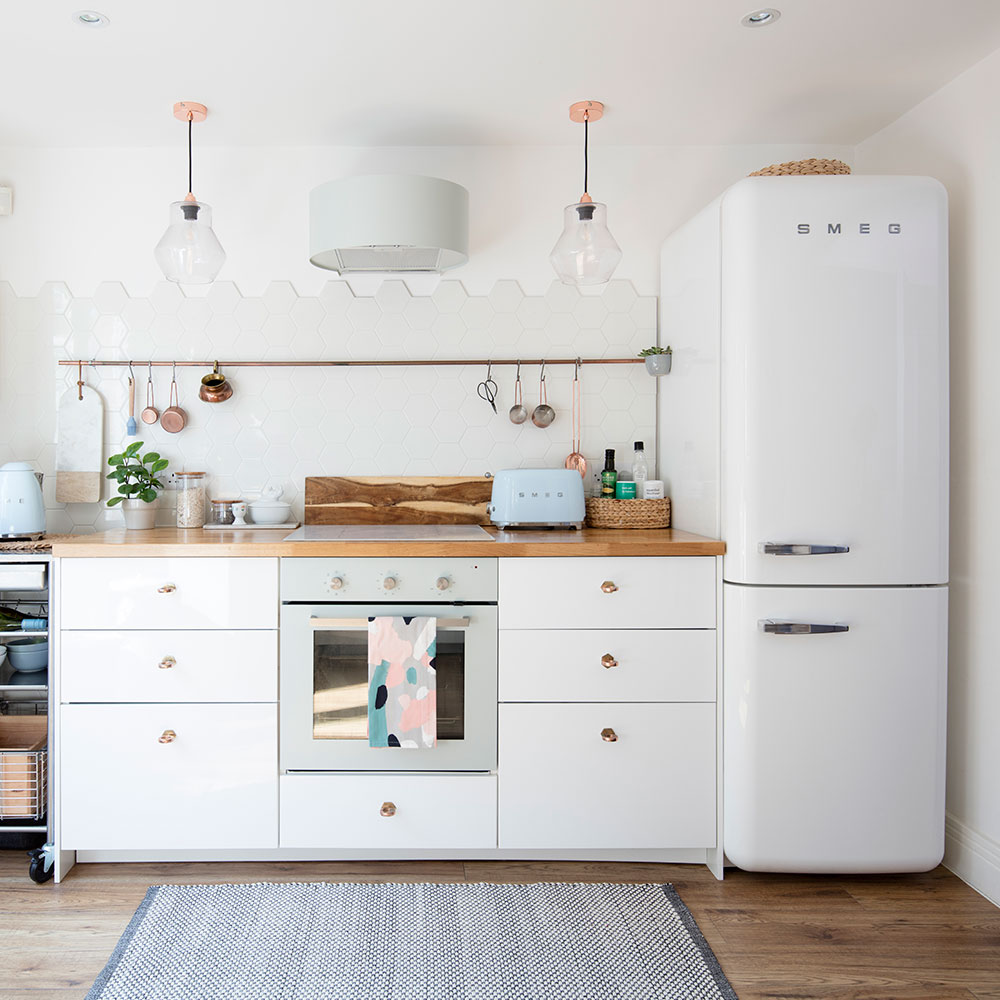
Which is more affordable?
A blender is likely a more cost-effective option thanks to the often multi-functional designs of these appliances, giving you more to work with for your money. That's not to say that you can't find an affordable juicer out there. Our top-rated juicer in our buying guide is the nutribullet Centrifugal Juicer, which you can pick up for less than £100 on Amazon.
Which should you buy?
Juicers, while incredibly useful and great for boosting nutrition at home, are fundamentally a bit of a one-trick pony. David Rees, a kitchen expert from Home Supply, agrees saying 'While neither of the appliances will make something that is healthier than the other, a blender may be a better option for most people as they can be used for many other functions, whereas juicers can only be used to make juice.'
If you're in the market for one over the other then, whether that's due to space or cost, a blender will probably be your best bet, and prove to be a worthwhile kitchen addition immediately.

Molly is Ideal Home’s Kitchen Appliances Editor, the Ideal Home Certified Expert on Appliances. An all-around cooking and baking enthusiast, she loves finding the next must-have product for readers that will their kitchen a better place. She joined the team in September 2022 after working on the editorial teams of Real Homes, Homes & Gardens and Livingetc.
For the last 4 years, she's been reviewing hundreds of small appliances; conducting tests at home or in the Ideal Home test kitchen. She would be hard-pressed to pick a Mastermind specialist subject but air fryers are her ultimate area of expertise, after testing just about every single one released since 2022.
To keep ahead of trends and new releases, Molly has visited the testing and development spaces of multiple kitchen brands including Ninja Kitchen and Le Creuset as well as attended consumer shows such as IFA, hosted in Berlin to see the cooking innovations of the future.
-
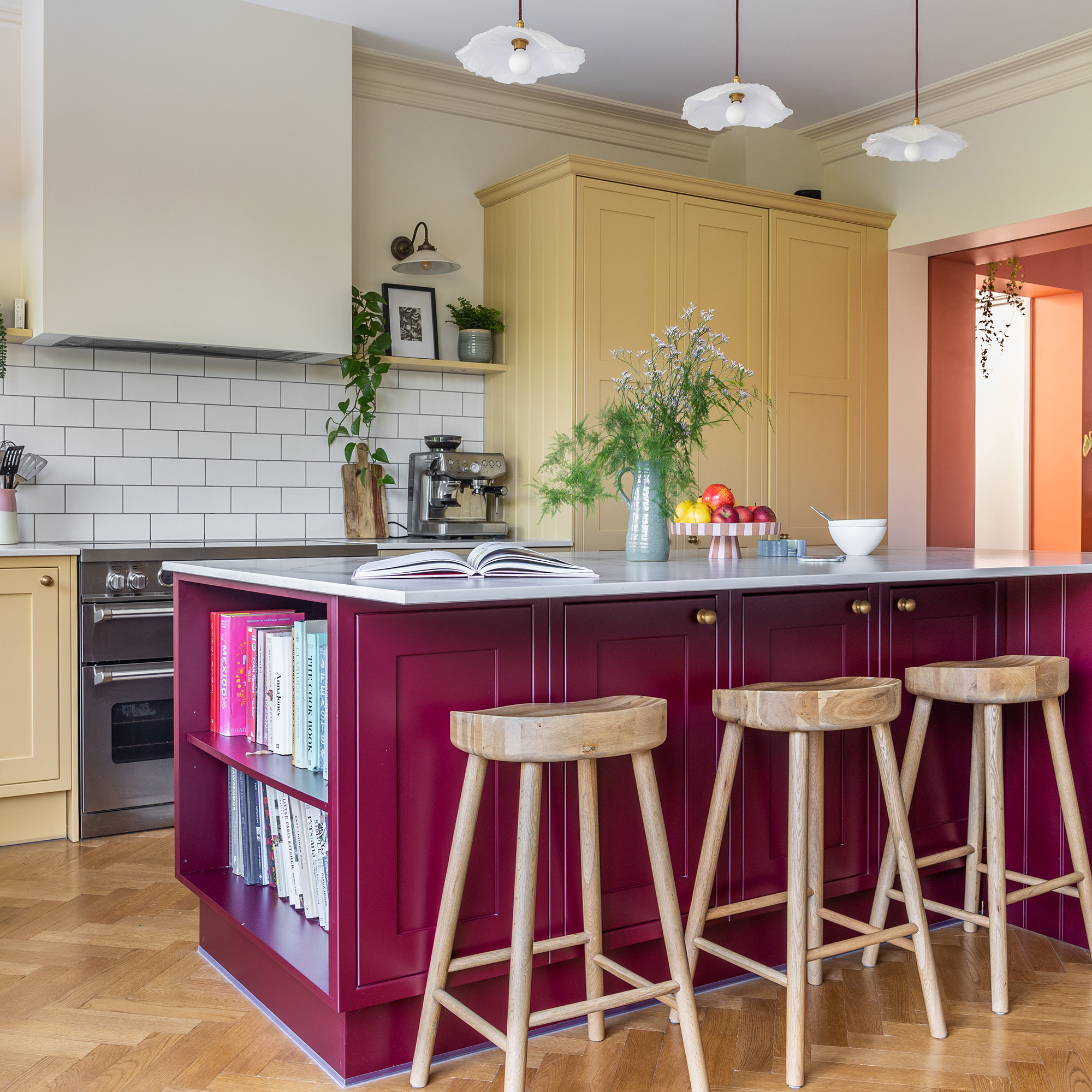 A top-to-bottom renovation has turned this Edwardian house into a lovely family home
A top-to-bottom renovation has turned this Edwardian house into a lovely family homeWith a few considered structural changes, this period house has been turned into a family home and has created a sanctuary for years to come
By Maxine Brady
-
 How to heat a conservatory
How to heat a conservatory7 practical options to consider for year-round comfort
By Amy Reeves
-
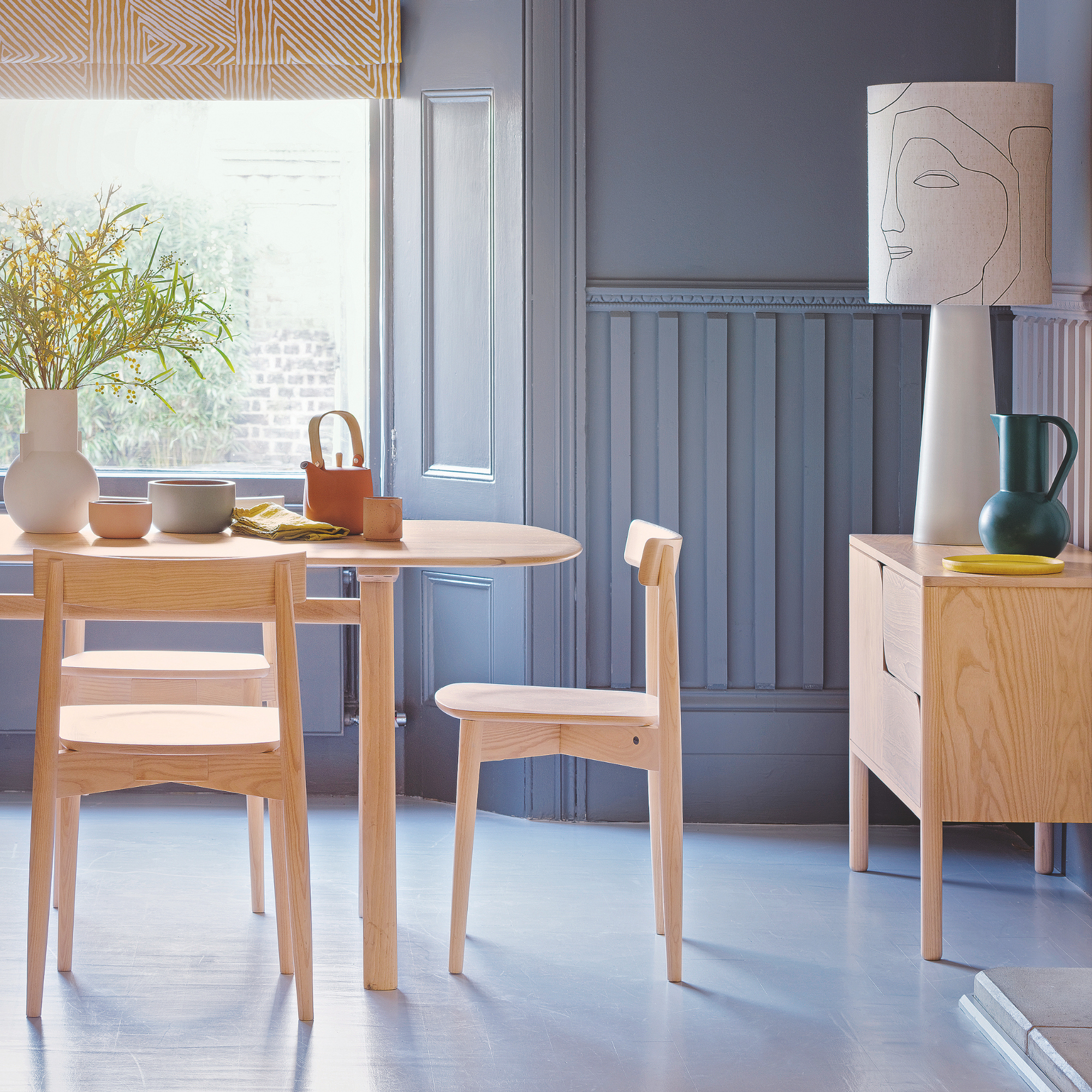 Blueberry is the ‘it’ blue this spring - but these are the 3 colours you should never pair with it, according to experts
Blueberry is the ‘it’ blue this spring - but these are the 3 colours you should never pair with it, according to expertsAvoid overpowering your space by avoiding these three bold colours
By Kezia Reynolds